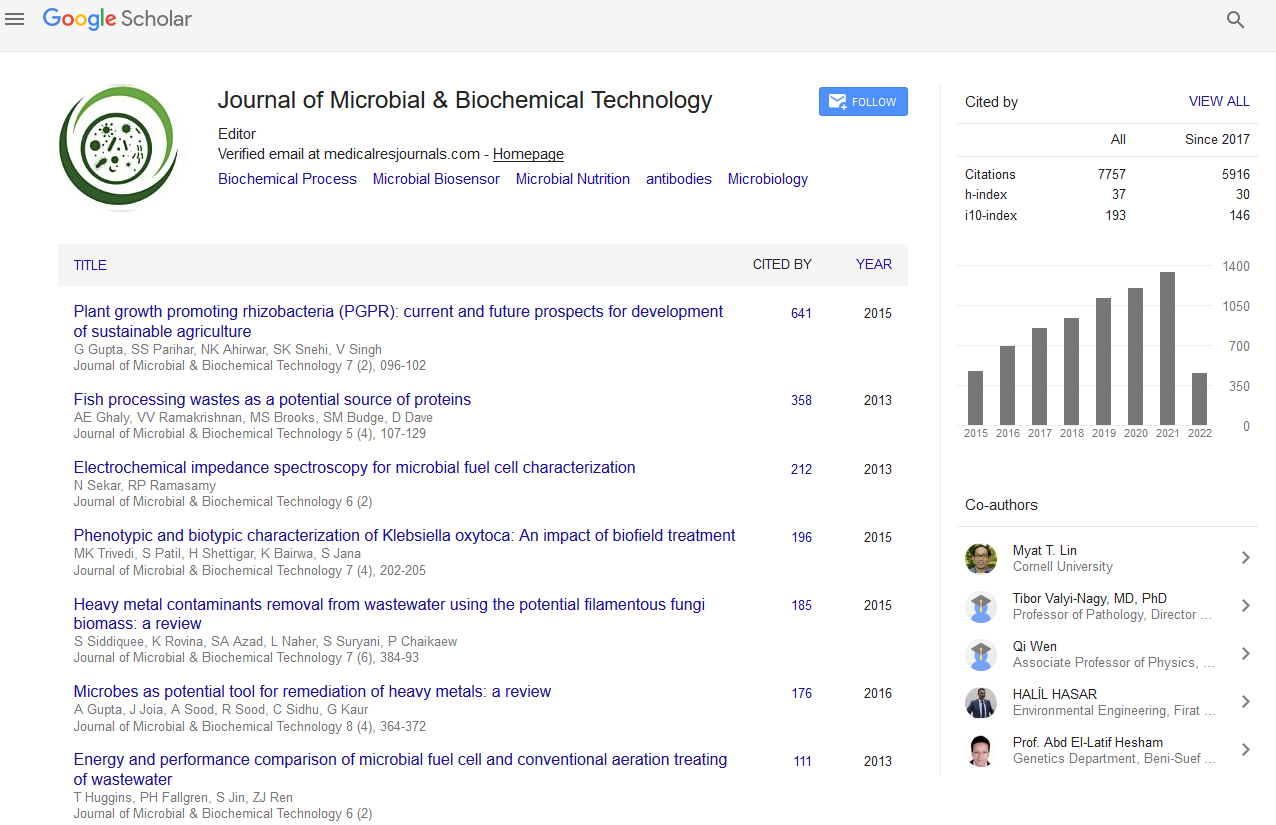PMC/PubMed Indexed Articles
Indexed In
- Academic Journals Database
- Genamics JournalSeek
- Academic Keys
- JournalTOCs
- China National Knowledge Infrastructure (CNKI)
- Scimago
- Access to Global Online Research in Agriculture (AGORA)
- Electronic Journals Library
- RefSeek
- Directory of Research Journal Indexing (DRJI)
- Hamdard University
- EBSCO A-Z
- OCLC- WorldCat
- SWB online catalog
- Virtual Library of Biology (vifabio)
- Publons
- MIAR
- University Grants Commission
- Geneva Foundation for Medical Education and Research
- Euro Pub
- Google Scholar
Useful Links
Share This Page
Journal Flyer

Open Access Journals
- Agri and Aquaculture
- Biochemistry
- Bioinformatics & Systems Biology
- Business & Management
- Chemistry
- Clinical Sciences
- Engineering
- Food & Nutrition
- General Science
- Genetics & Molecular Biology
- Immunology & Microbiology
- Medical Sciences
- Neuroscience & Psychology
- Nursing & Health Care
- Pharmaceutical Sciences
Diverse fitness associated with resistance to fluoroquinolones influenced the clonal dynamics of various multiresistant pathogens
5th International Conference on Microbial Physiology and Genomics
September 29-30, 2016 London, UK
Miklos Fuzi
Semmelweis University, Hungary
Scientific Tracks Abstracts: J Microb Biochem Technol
Abstract:
Fitness cost associated with resistance to fluoroquinolones was recently shown to vary across clones of methicillin-resistant Staphylococcus aureus (MRSA) and extended-spectrum β-lactamase (ESBL)-producing Klebsiella pneumoniae. The resulting dissimilar fitness should have influenced the clonal dynamics and thereby the rates of resistance for these pathogens. Moreover, a similar mechanism was recently proposed for the emergence of the H30 and H30R lineages of ESBL-producing E. coli and the major international clone (ribotype 027) of Clostridium difficile. The overwhelming part of the available epidemiological data supports the connection. An ability to develop favorable mutations in the gyrase and topoisomerase IV genes seems to be a prerequisite for pathogens to retain fitness while showing high-level resistance to fluoroquinolones. Moreover, the mechanism was observed to select for the CTX-M-15 type ESBL in K. pneumoniae that may account for the widespread dissemination of this enzyme. The findings suggest that the use of fluoroquinolones as a function of clonal distribution could ameliorate the state of antibiotic resistance. When the proportions of multiresistant clones influenced by fluoroquinolones are low the use of these antibiotics remains highly beneficial. However when their proportion increases the consumption of fluoroquinolones should transiently be reduced.
Biography :
Miklos Fuzi has completed his PhD in 2001 and has been engaged in the investigation of clonality and antibiotic resistance during the last 15 years. He has published 38 papers in reputed journals. He is an Associate Professor at Semmelweis University, Budapest, Hungary.


